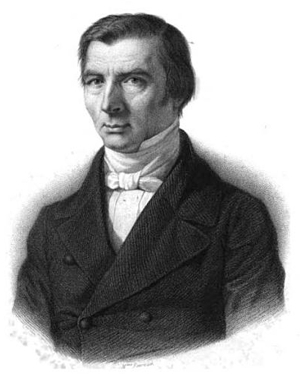A paper given at the Historical Society’s 2012 Conference, University of South Carolina, Columbia, South Carolina, 1 June, 2012 June 1.
Online here
Abstract: “Is Biography History?” My conclusion is that the life of FB is a good example of how the “biography of ideas” developed by Ashcraft for Locke and Scott for Sidney, and Mises’ theory that “human action” is purposeful and ultimately based upon the ideas that an individual holds, can be profitably used to deepen our knowledge and appreciation of Bastiat ideas in the late 1840s. The historian has to know what Bastiat was doing between 1844 and 1850 in order to understand what he was thinking and and why he thought the things he did. Studying the texts by themselves in not sufficient. Studying the events of his life without reference to the evolution of his ideas is also not sufficient. Bastiat provides us with a good example of an individual who had a set of well-thought out (though evolving) ideas upon which he based his actions in order to achieve certain specific goals. He modified his ideas as circumstances changed, he adapted his strategies to achieve his goals, and he cooperated with other individuals who shared his ideas and his goals. The biographical study of his life provides the historian with the information which is needed to understand his ideas, his purposes, and his strategies, as well as to evaluate his successes and failures as a man of ideas and of action. To return to Mises’ useful summary of the relationship between ideas and action in the life of a man: “Action is preceded by thinking. Thinking is to deliberate beforehand over future action and to reflect afterwards upon past action. Thinking and acting are inseparable… But thinking is always a manifestation of individuals.” This was certainly true in the case of Frédéric Bastiat.

